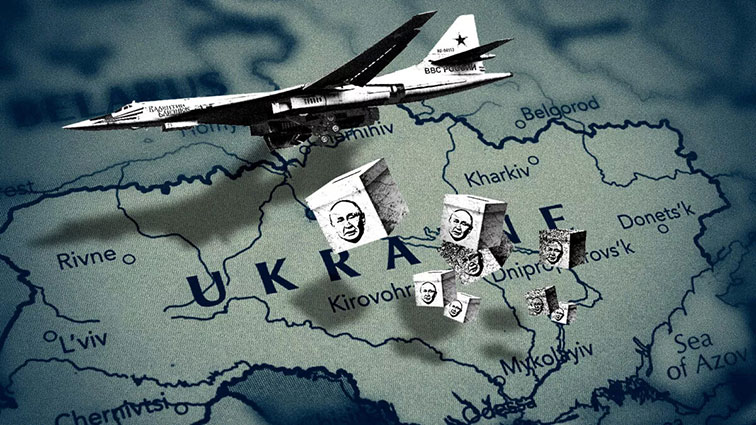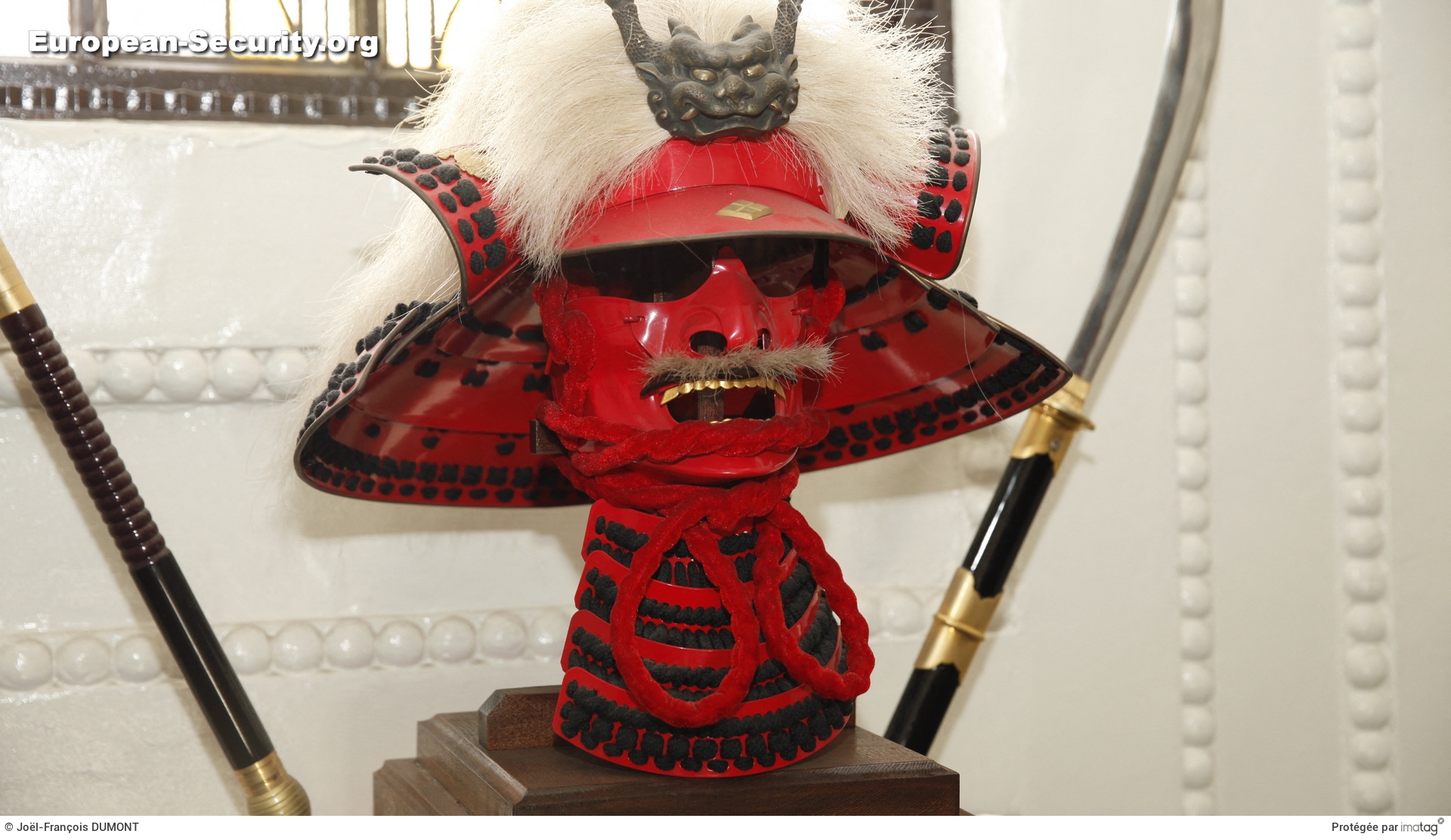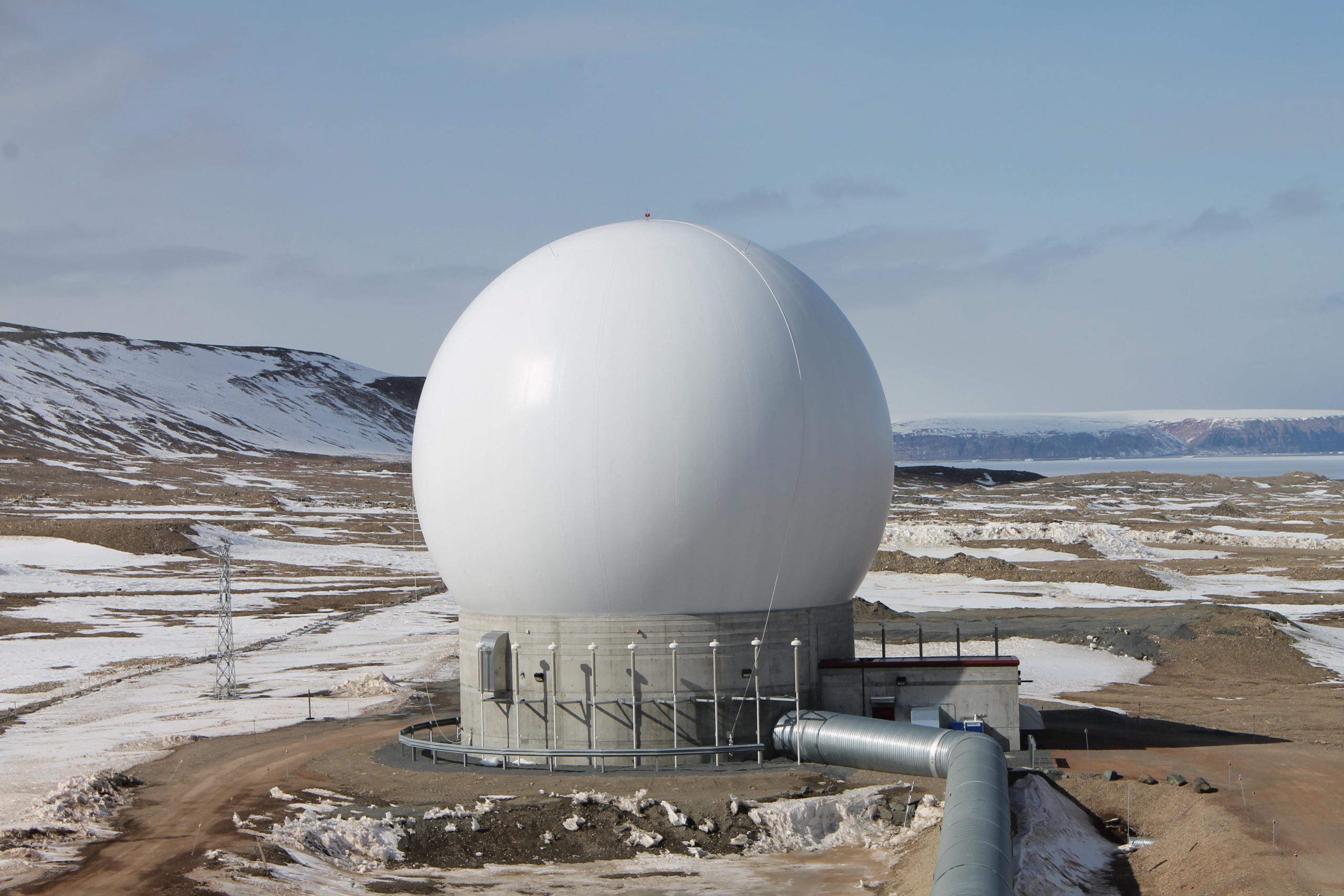Moscow’s calls for elections in Ukraine cannot disguise Russia’s true aims: flip the perception of victim/aggressor roles, disguise Russia’s aggression as a quest for peace, and hijack democratic processes to legitimise blatant land-grabs.
Lately, Moscow’s mouthpieces have seemingly been making many overtures to peace. The Kremlin has sensed an opening to hijack the global narrative on negotiating peace in Ukraine. Rightly or wrongly, Moscow sees the current geopolitical constellation as an opportune moment to cement some of the central tenets of pro-Kremlin disinformation about Ukraine, the West, and more importantly, about Russia itself. Hence the putting up of a pretence of peace, while talking about ‘root causes’ and casting Russia as the victim, rather than the aggressor.
By EUvsDisinfo | April 03, 2025 —
Table of Contents
This week, let’s look at how the Kremlin has been pushing for wartime elections in Ukraine, only to backpedal once the prospect of holding such elections is on the negotiating table. Almost as if the Kremlin only has an interest in democracy when it can assure the ballot boxes will be stuffed in Moscow’s favour.
Enter the Kremlin, the guardian of democracy
Up until very recently, the go-to pro-Kremlin narrative was to call the Ukrainian government illegitimate, accuse it of standing in the way of peace, and insist on holding elections in Ukraine to remove President Zelenskyy, as Moscow refused to negotiate anything with the current president of Ukraine. The intent here was two-fold. First, to portray Ukraine and its supporters as unconstructive warmongers, and, second, to conjure an image of a Russia that supports democracy and the rule of law while desperately trying to save Ukraine from disappearing.

A quick turnaround
Of course, Ukraine may well have called Russia’s bluff as there are now some indications that Ukraine could be preparing for new elections, even under the extreme complications and duress brought on by Russia’s full-scale war against Ukraine. This has caught the Kremlin’s disinformation hawkers off guard, as they now also had to downplay the potential importance of elections in Ukraine while not deviating too much from the previously established pro-Kremlin narrative of calling for such elections.
One way the Kremlin now tries to square the circle of its own making is by maintaining that elections in Ukraine are a necessary condition to move ahead with peace negotiations, while at the same time seeding disinformation narratives already trying to delegitimise the eventual elections with claims of fraud and a lack of transparency. Another go-to approach was, you guessed it, to blame Brussels for standing in the way of elections in Ukraine. Bold claims for a regime with such a notorious record of election fraud and stifling freedom of speech and media.
Russia’s goals have not changed – dismantle Ukraine
Ever since May 2024, when President Zelenskyy’s peace-time mandate was set to expire, the Kremlin has been mounting an increasingly vocal disinformation campaign trying to undermine the legitimacy of Ukrainian authorities. Of course, the Kremlin’s disinformation peddlers conveniently leave out the fact that, current developments notwithstanding, Ukraine’s constitution is still straightforward: no elections can be held during wartime, and the President of Ukraine exercises his powers until the assumption of office by a newly elected president.
Why is Russia so bent on deploying its gargantuan foreign information manipulation and interference (FIMI) architecture to undermine democracy in Ukraine? Because dismantling the democratically elected government in Ukraine and replacing it with a puppet-regime loyal to the Kremlin has been one of Russia’s stated goals for its full-scale invasion and that has not changed since day one. Regardless of recent pro-Kremlin claims to the contrary and overtures for peace, the Kremlin stands still stands by this deplorable goal.
A historic parallel can be found in the case of the United Kingdom in World War II when elections to Parliament were postponed while the UK was fighting the war.
It’s only democratic when Russia does it
The Kremlin’s disinformation machinery has had its sights on democratic electoral processes because for the Kremlin, elections are battlefields. From systematically targeting European elections with smear campaigns and FIMI operations, to trying to meddle in the recent elections in Germany, to targeting the referendum on EU candidacy in Moldova and waging disinformation campaigns against pro-EU protests following contentious elections in Georgia. The one common theme in all of these cases, much like the groundwork the Kremlin now lays ahead of the eventual elections in Ukraine, is to push the deceptive idea that free and fair elections are merely a figment of Western propaganda.
The pro-Kremlin take on the conviction of Marine Le Pen of embezzlement by a French court put this knee-jerk reaction tendency on full display. The sentence was still being handed down when the pro-Kremlin disinformation apparatus was already churning out preposterous claims of ‘EU dictatorship’ and pointing fingers at ‘election interference’.
On the contrary, when Belarus, one of Russia’s own lackeys, follows Moscow’s example and sets up a sham election to cement Lukashenka regime’s rule for another ill-gotten term, the Kremlin’s mouthpieces are suspiciously mum. Even when Minsk parades political prisoners with forced confessions on state TV. Evidently, Moscow’s professed guardianship of democracy is a rather select one. The fates of Russian opposition leaders Boris Nemtsov and Alexey Navalny, among many others, also speak volumes.
Use the same old playbook – sham elections to legitimise land-grabs
Moscow’s seemingly newfound affinity for expressions of democratic will by the people is deceptive. In fact, the Kremlin has a long and deplorable track-record of holding sham elections to justify Russia’s land grabs or consolidate the Kremlin’s own illegitimate power. One need not look further than Russian occupiers corralling people to ballot boxes to hold staged referendums at gunpoint in Donetsk, Luhansk, Zaporizhzhia and Kherson, or putting on a show every six years to pay ritualistic tribute to Putin as the eternal ruler of Russia. These carefully choreographed spectacles may appear as free elections to the unsuspecting, but in fact, they have nothing to do with democracy. For the Kremlin, they are methods of deceit and control. Don’t be deceived.
Also on our EUvsDisinfo radar this week:
- A thinly veiled threat if there ever was one – claiming that the constant pumping of weapons into Moldova increases the danger of an attack on Transnistria. Curiously, this deceptive narrative does not mention who would be doing the attacking, but the implication is quite clear. It also follows the age-old Kremlin pattern of accusing the victim of being the aggressor. In this case, making a point that if Moldova were to defend itself, Russia would perceive this self-defence as aggression. More so, this narrative also attempts to paint a false picture of Moldova’s militarisation. The Moldovan leadership has repeatedly rebutted these claims, rightly pointing out that as stated in the country’s constitution, Moldova remains militarily neutral and committed to peace, but is improving its capabilities. Considering what Russia has done in Ukraine, it seems more than sensible to think of defence improvements as insurance against Russia’s proven, aggressive track record.
- Another Kremlin all-time favourite disinformation narrative has resurfaced claiming that popular protests are secret Western operations to instigate regime changes. Now Moscow’s mouthpieces would have you believe that Brussels is preparing colour revolutions in Serbia, Hungary and Bosnia and Herzegovina. Of course, they don’t bother providing any evidence to back up the claims. So, here’s what’s actually happening. In the case of Serbia’s protests, the demonstrations started in mid-December 2024 after the collapse of concrete infrastructure in a railway station in Novi Sad killed 15 people. In Hungary, thousands of people took to the streets in response to a new law that effectively bans LGBTIQ+ Pride events and restricts the right to assembly. And in Bosnia and Herzegovina, Republika Srpska leader Milorad Dodik’s legal troubles stem from accusations by a Bosnian court that he defied Bosnia’s constitutional order, not from an EU-led conspiracy.
- We have long since documented the Kremlin’s obsession with Nazis, especially using this label indiscriminately to slander Russia’s real or perceived opponents. Unsurprisingly, as the EU stands up to defend itself as well as Ukraine, the Kremlin’s mouthpieces have quickly resorted to calling President of the European Commission Ursula von der Leyen a ‘Führer’ and accusing the EU of turning into a bastion of liberal totalitarianism. This blatant attempt to cast Russia as the victim of alleged European aggression came hot on the heels of the EU decision to mobilise an additional 800 billion EUR for defence needs. By slinging such false accusations, the Kremlin seeks to distract from Russia’s long-standing aggressive posture because Russia wants war, not peace.











